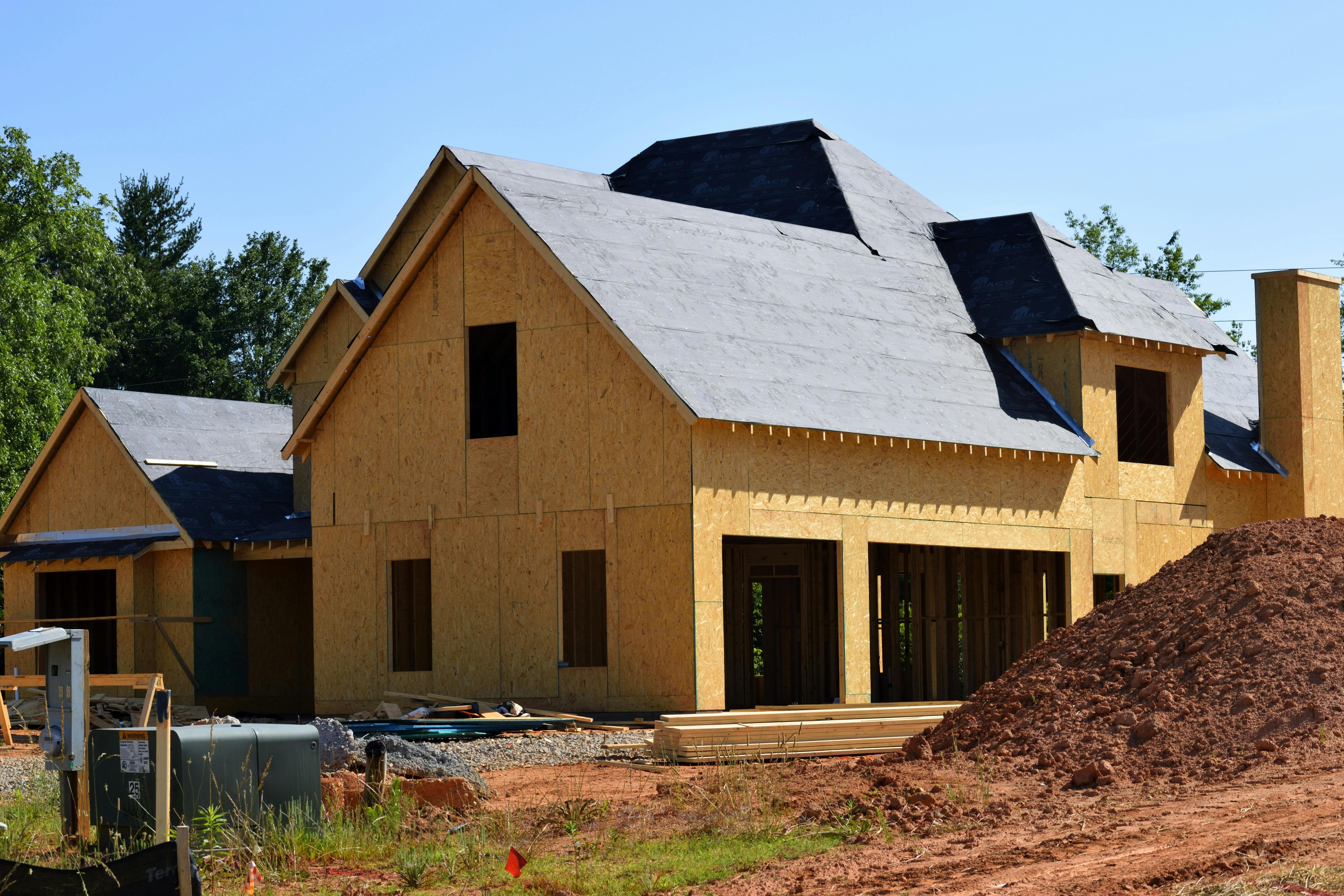
Finding the Right Construction Contractor – Part I of II – Information and Tips from a Licensed Contractor
admin
- 0
PART One of a two-part article on finding the right contractor
When starting a commercial or residential real estate construction project, “begin with the end in mind.”
Finding the right licensed contractor is very important to every real estate owner or commercial investor! Homeowners and real estate investors alike have found that upgrading residential property by remodeling and updating kitchens, adding an extra bathroom, or installing new energy-efficient windows can add significant value and utility to the property. In most cases, reasonable improvements to a kitchen, adding a needed bathroom, cleaning up a home’s exterior and yard, and/or upgrading the landscaping will add more than the investment in those types of improvements. Commercial investors face the same basic problem in their projects ending up with the right contractor for the job!
Caveat Emptor or “Let the Buyer Beware” is sound advice for both business investors and homeowners. Unfortunately, the largest source of consumer complaints nationwide in the construction business is a home improvement, remodeling project, or a commercial real estate project. Most serious complaints and issues stem from a lack of investigation and diligence in the contractor selection process, resulting in homeowners and commercial real estate investors falling victim to dishonest, negligent, or wrongful contractors. Unlicensed. Most of the nightmarish stories I hear from homeowners and real estate investors about a remodeling or home improvement job gone wrong was the direct result of homeowners and real estate investors they did not review, check and make it clear what needs to be done and how much it will cost.
Fortunately, most construction project problems and complaints could be avoided or at least seriously reduced if homeowners and real estate investors do their homework ahead of time and select a trusted, honest, and proven licensed contractor. It’s a sad but true comment that most homeowners and commercial real estate investors spend less time choosing a contractor than they do planning a family vacation.
The process of hiring the right contactor for a project will require a serious and focused effort on the part of homeowners and real estate investors. Homeowners and real estate investors should check and verify the potential contractor’s license status and should call and visit with the potential contractor’s references.
Homeowners and investors must have contractors provide them in writing with a detailed scope of work, timelines with deadlines, cost breakdowns of materials and labor, and a written understanding of how and when project payments will be paid. process. All of this must be part of a written contract.
Selecting a Licensed General Contractor or Licensed Subcontractor
General construction contractors are basically project managers. They manage or supervise projects and schedule and coordinate the use of appropriate subcontractors as needed for a particular construction or remodeling job. For example, if an owner or investor is doing a complete kitchen remodel job that involves several “trades” such as plumbing, electrician, and carpenter, the use of a licensed general contractor is appropriate and highly recommended. If the owner or investor is doing a unique business job, such as putting up a new roof, then a specialist or subcontractor could be hired to do that unique project.
Consult and verify the license status of the potential contractor
When should homeowners and real estate investors check and verify a contractor’s credentials for a job? Before a homeowner or investor thinks of signing anything, they should verify that the contractor is licensed, bonded, insured, and has excellent current local references. Homeowners and real estate investors should check and verify absolutely everything about potential contractors.
Homeowners and real estate investors should always check and verify the status of a potential contractor’s license with the contractors’ licensing board or state registry of contractors for their particular state or province. Many of the registrars are online and the license status and history of the contractors are available to check. Many states, such as the California Contractors State Licensing Board, provide detailed information on license holders, license history, consumer complaints, and bonding information.
Consult, verify and visit the References of Potential Contractors
For the most part, licensed contractors with a history of being in the contracting business for at least five years or more tend to be competent, ethical, honest, dedicated, hardworking, financially stable, and responsible in their business dealings.
Always ask potential contractors for at least three past but recent local references and one or two references from current jobs they are working on. Be sure to call previous references to verify that they are completely satisfied with the contractor’s work and the project as a whole.
Asking potential contractors for the names and addresses of their current local jobs will give you an opportunity to “drop by” first thing in the morning to check on the work being done and whether the job site is clean and organized (you may need to remove dust). and not be ready for the company to pass, but it shouldn’t be a total disaster). By “stopping by” a current job site, you may “meet” the owner before he leaves for work. That’s a good time to simply ask, “How’s work going?” and “Are you satisfied with the quality and timeliness of the contractor’s work?” and “Would you recommend them to your friends?” and finally, “How did the contractor handle problems that arose during the course of the project?”
I recommend that homeowners and investors also check with potential contractors with their local city or county building department, local city or county consumer protection agency, district attorney’s office consumer fraud department or the State Attorney General’s office, and possibly the local Better Business Bureau. This probably sounds like a stretch, but it’s better to be safe than sorry. Homeowners and investors should check with these organizations to see if they have any information, especially negative information, about potential contractors they are investigating. They should find out if there are any complaints about potential contractors or other relevant negative information on file about potential contractors.
In addition to current and past references, homeowners and real estate investors need additional data from potential contractors. Homeowners and real estate investors should obtain the contractor’s business address and business phone and fax numbers. Make sure and verify that they are not just a cell phone with a local private mailbox. A potential contractor who essentially operates out of the back of his truck and only has a cell phone can be very difficult to track if something goes wrong or there are repair/warranty issues down the line.
One of the best ways to select a highly licensed qualified contractor is to visit a local investment club. [check out websites for investor club]and ask experienced investors who they regularly use and recommend for your type of project. Sometimes personal recommendations from friends or relatives, who recently completed similar projects and were pleased with the work, can be worth checking out. Don’t just rely on anyone’s recommendation, always check them out completely.
There are no shortcuts in the verification process to finding the right contractor.
Homeowners and investors should not let a silver-tongued, soft-spoken salesperson put too much pressure on them not to check references before signing a contract.
PART II of this article “FINDING THE RIGHT CONSTRUCTION CONTRACTOR” can be found at EzineArticles.com

